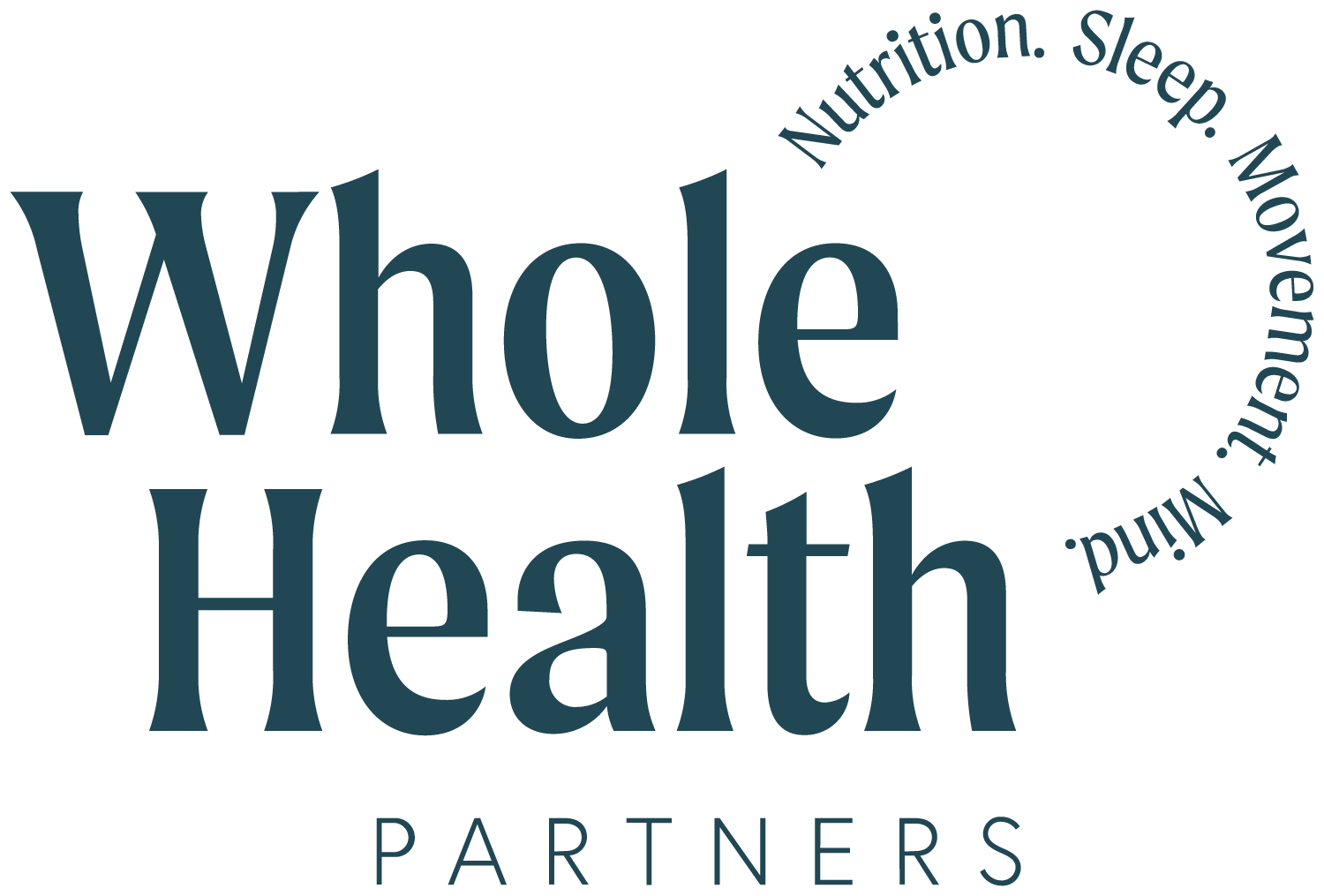Cholesterol Management: Our Approach
Most of us have heard that high cholesterol levels can have a negative impact on our health, but the reality is a little more complicated than simply avoiding so-called “high cholesterol” foods.
Whether it’s the difference between HDL and LDL—the so-called ‘good’ and ‘bad’ cholesterols—or the relationship between our food intake, our genetics, our lifestyle and our cholesterol levels, there’s a lot to learn and unpack when it comes to cholesterol management.
If you’re looking to understand and manage your cholesterol levels, our team—which includes registered dietitians/nutritionists as well as a medical doctor—will work with you to first understand how cholesterol levels are impacting your health, what factors are contributing to those numbers, and then develop a practical plan for doing something about it.
What is cholesterol?
Cholesterol is produced by your liver. It can be found within every cell in your body, and it’s actually an essential component that helps your body make important substances like vitamin D and certain hormones. The foods we eat can also influence our cholesterol levels—although the old myth that simply eating high cholesterol foods (e.g. eggs) will lead to problems with high cholesterol has largely been dismissed.
Are there different types of cholesterol?
Yes. It’s important to distinguish between High Density Lipoproteins (HDL) and Low Density Lipoproteins (LDL). HDL clears from the body via the liver, and may actually protect your arteries by preventing the build up of plaque. LDL, on the other hand, contributes to plaque formation in the arteries which can decrease blood flow to the heart, increasing the risk of heart disease, heart attacks or stroke.
How does Whole Health Partners approach cholesterol management?
Like all of our lifestyle medicine services, our approach to cholesterol management is rooted in first working with both you and your primary care provider to understand your unique health needs—and then exploring the underlying lifestyle and genetic factors that might be contributing to your high cholesterol.
From there, we work with you to develop a practical, long-term plan for managing your cholesterol. That plan will have a strong focus on both nutrition and physical activity, but because everything is connected, we will also look at how sleep, stress and overall emotional wellbeing are either helping or hindering your health journey.
Whether it’s meal planning, remote monitoring or building a community of supportive peers to help you get active, our goal is not simply to tell you what to do—but rather to work with you on strategies that empower you to take control of your cholesterol and overall health.
What would you like help with?
Weight Loss and Weight Maintenance
Blood Glucose Management, Diabetes, Insulin Resistance, Hypertension, High Cholesterol, Thyroid Disease, Hormonal Health
Polycystic Ovarian Syndrome (PCOS), Perimenopause/Menopause





